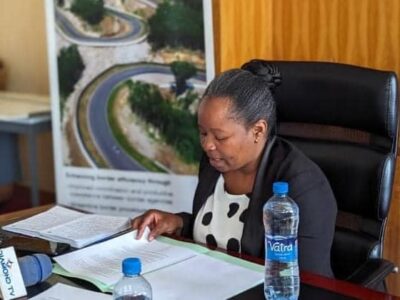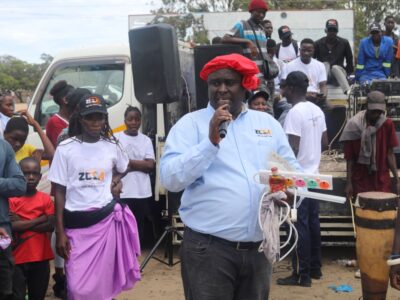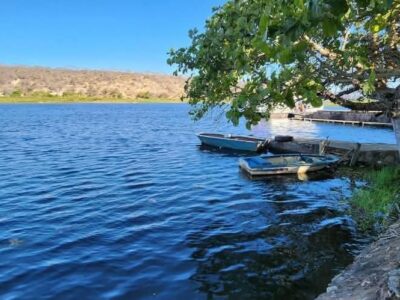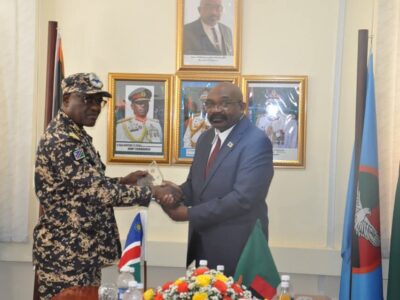The United Nations (UN) has activated an allocation of up to US$5.5 million to support Zambia’s response to an unprecedented drought.
The allocation has been activated through the Central Emergency Response Fund (CERF), according to Acting UN Resident Coordinator in Zambia, Penelope Campbell.
Campbell in a statement issued in Lusaka on Friday, noted that the drought had left about 7.5 million people in 84 districts in need of assistance, with the majority being women and children.
She said the funding was subject to completion of necessary formalities by UN agencies in Zambia that are delivering as one in supporting the government-led efforts to provide humanitarian and lifesaving assistance to affected populations.
“The CERF funds will help in providing emergency food aid, distributing clean and safe water, protection and delivering healthcare services to address drought-related health risks, among other needs,” Campbell stated.
She noted that the support would also help to strengthen resilience in drought-affected communities to mitigate or avoid the humanitarian impacts of the drought and ensure that emergency relief enhances sustainability.
Campbell welcomed the support from CERF and underscored commitment by the United Nations in helping Zambia respond to the drought emergency.
“We stand in solidarity with the people of Zambia at this challenging time and are happy that CERF has initiated this emergency funding which will help alleviate the difficulties being faced because of the El Niño-induced drought,” she said.
Campbell also commended President Hakainde Hichilema for declaring the drought an emergency and further announcing an appeal as that enables the UN and other partners to mobilize support.
“The drought has significantly impacted eight (Central, Copperbelt, Eastern, Lusaka, Muchinga, North-Western, Southern and Western provinces) of the country’s 10 provinces,” she said.
Campbell noted that the most affected were Western, Southern, Central and Lusaka provinces.
She said the most vulnerable groups directly affected include small-scale farmers that depend on rainfed agriculture, livestock herders and individuals reliant on natural water bodies and shallow wells.
WARNING! All rights reserved. This material, and other digital content on this website, may not be reproduced, published, broadcast, rewritten or redistributed in whole or in part without prior express permission from ZAMBIA MONITOR.












Comments